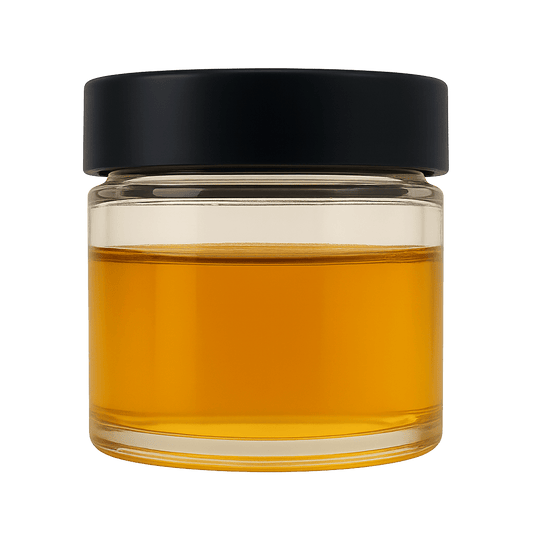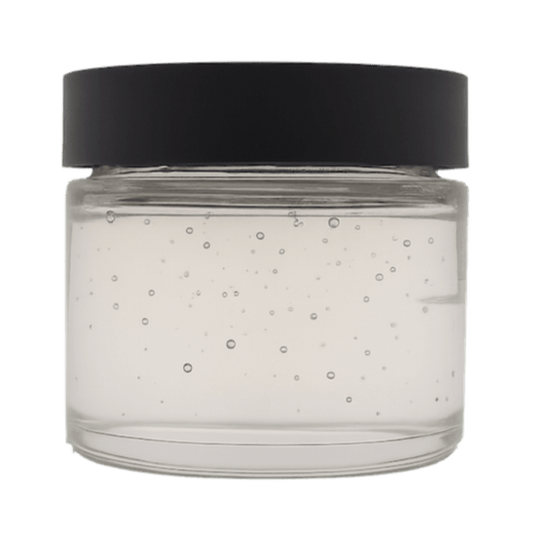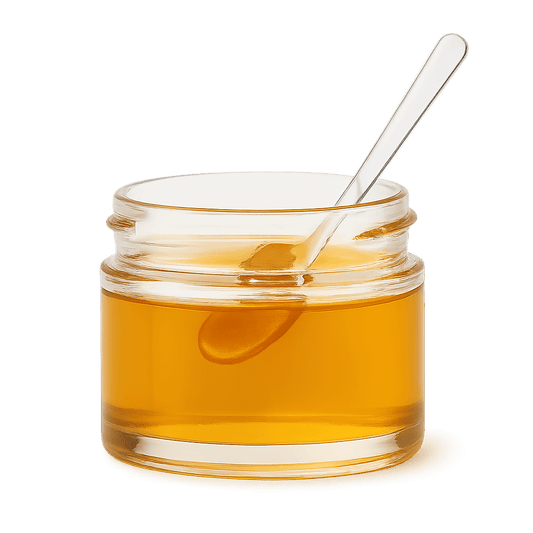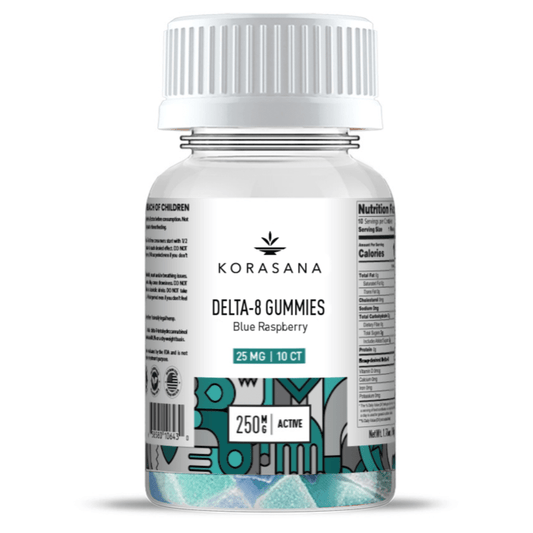Is Delta 8 THC Legal in North Dakota?
NO - Delta 8 THC is Not Legal in North Dakota
Delta 8 THC is not legal in North Dakota. According to House Bill 1045, the state has made almost all forms of Delta 8illegal. This legislation amended Section 4.1-18.1 of the North Dakota Century Code to prohibit the use, sale, purchase, possession, and distribution of Delta 9 and all its isomers, including hemp-derived THC isomers such as Delta-8 and Delta-10 THC.
Legal Status of Delta 8 in North Dakota
The legal framework and specific bills that address the legality of Delta-8 THC in North Dakota.
House Bill 1045
- Summary: House Bill 1045 is a critical piece of legislation that impacts the legal status of Delta 8 THC in North Dakota. This bill specifically targets THC and its various isomers, including Delta 8 THC.
- Key Provisions: The bill amends Section 4.1-18.1 of the North Dakota Century Code. It broadens the definition of THC to include all its isomers, such as Delta-8, Delta-9, and Delta-10 THC. The amendment makes it clear that not only Delta-9 THC (the most psychoactive component of the cannabis plant) but also other hemp-derived isomers like Delta-8 and Delta-10 THC are included under the controlled substances category.
- Implications: The implication of this bill is the prohibition of use, sale, purchase, possession, and distribution of Delta 8 THC in North Dakota. It places these substances alongside Delta-9 THC under controlled substances, thereby making them illegal in the state.
Legal Context and Enforcement
- North Dakota Century Code (NDCC) Section 4.1-18.1: This section of the NDCC is where the legal definitions and regulations concerning cannabis and its derivatives are outlined. By amending this section, House Bill 1045 effectively changes the legal landscape for Delta 8 THC, aligning it with the state's stance on controlled substances.
- Controlled Substances Classification: Delta 8 THC, by being classified under the same category as Delta-9 THC, is subject to the same legal restrictions and penalties associated with controlled substances. This classification impacts everything from legal sales and distribution to possession and personal use.
House Bill 1045
A recent amendment included the rephrasing for the total amount of (all and any) THC; Previously the bill only referred to Delta 9 as a regulation level.
“Hemp” means the plant cannabis sativa L. and any part of the plant, including the seeds and all derivatives, extracts, cannabinoids, isomers, acids, salts, and salts of isomers, whether growing or not, with a total tetrahydrocannabinol in an amount determined by the commissioner. The term does not include any commodity or product using hemp which exceeds the allowable amount of total tetrahydrocannabinol determined by the commissioner.
2.”Tetrahydrocannabinol” means delta-9 tetrahydrocannabinol and any structural, optical, or geometric isomers of tetrahydrocannabinol, including:
Delta-7 tetrahydrocannabinol;
Delta-8 tetrahydrocannabinol; and
Delta-10 tetrahydrocannabinol.
Conclusion
The passage of House Bill 1045 in North Dakota is a clear indicator of the state's approach to regulating cannabinoids beyond the well-known Delta-9 THC. By including Delta-8 and other THC isomers in the controlled substances category, North Dakota has taken a stance that limits the accessibility and legality of these compounds. This legislative action reflects broader trends in cannabinoid regulation, where states are individually determining their positions on the legality and control of substances derived from cannabis and hemp
The information provided on this website does not, and is not intended to, constitute legal advice or any statements regarding the status of any laws. The information, content, and materials present on this site are for general informational purposes only and should not be relied upon for any specific purpose. Laws vary across different states and are subject to change. Therefore, information on this website might not reflect the most recent legal or other developments. Read our full legal disclaimer HERE.






